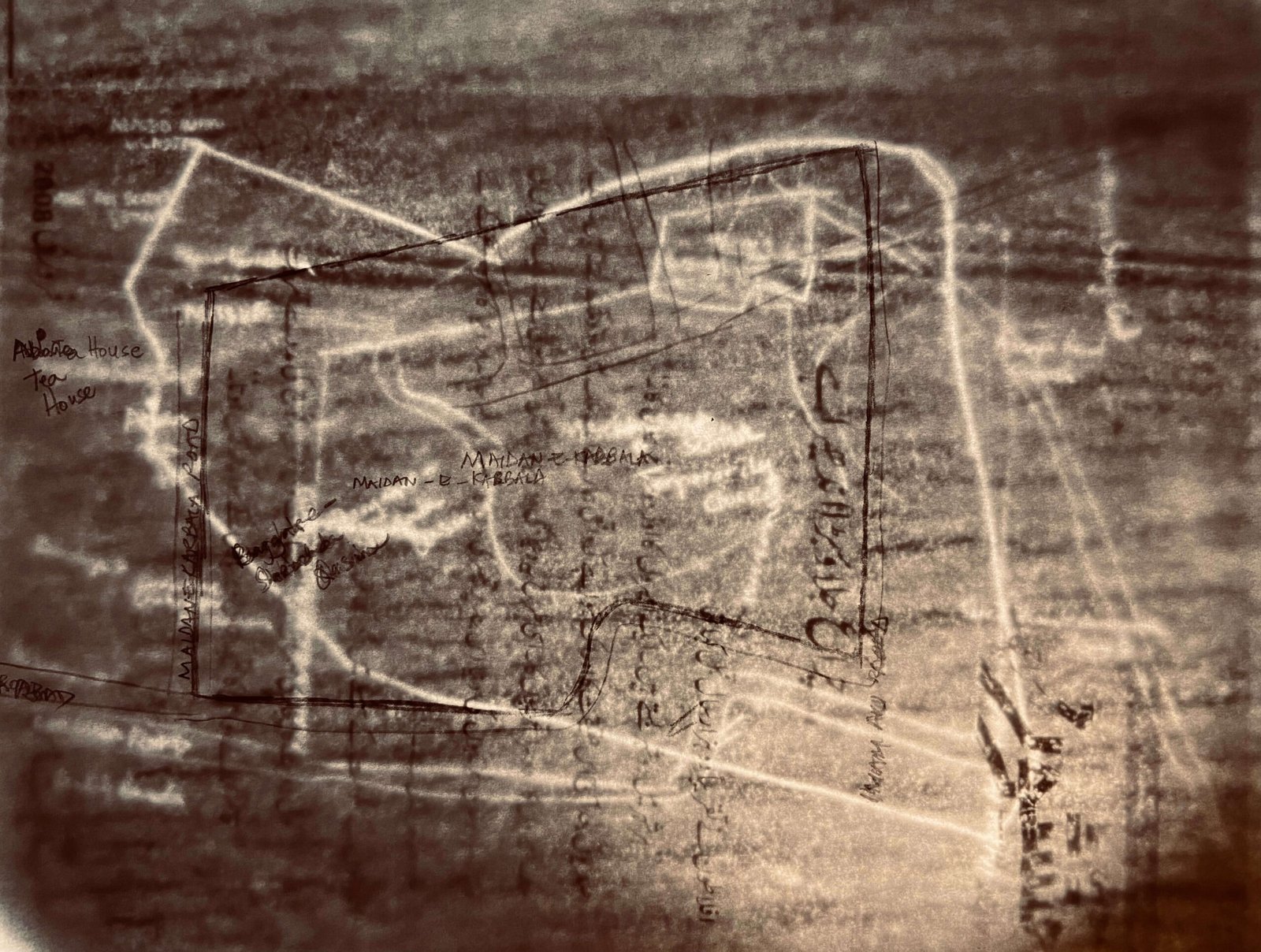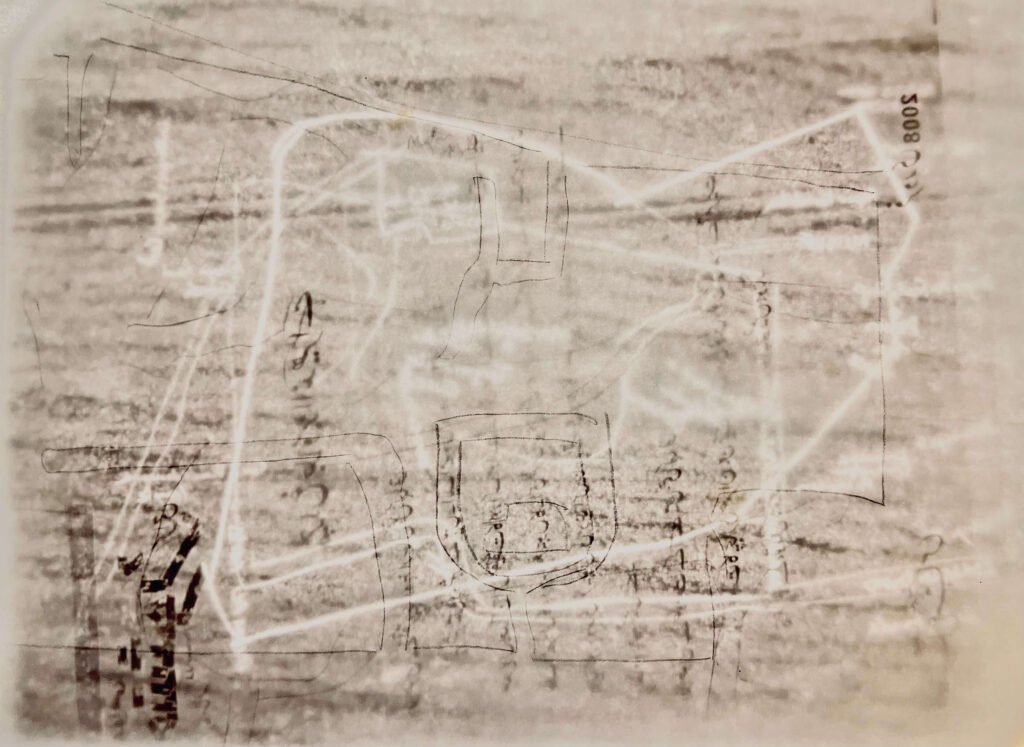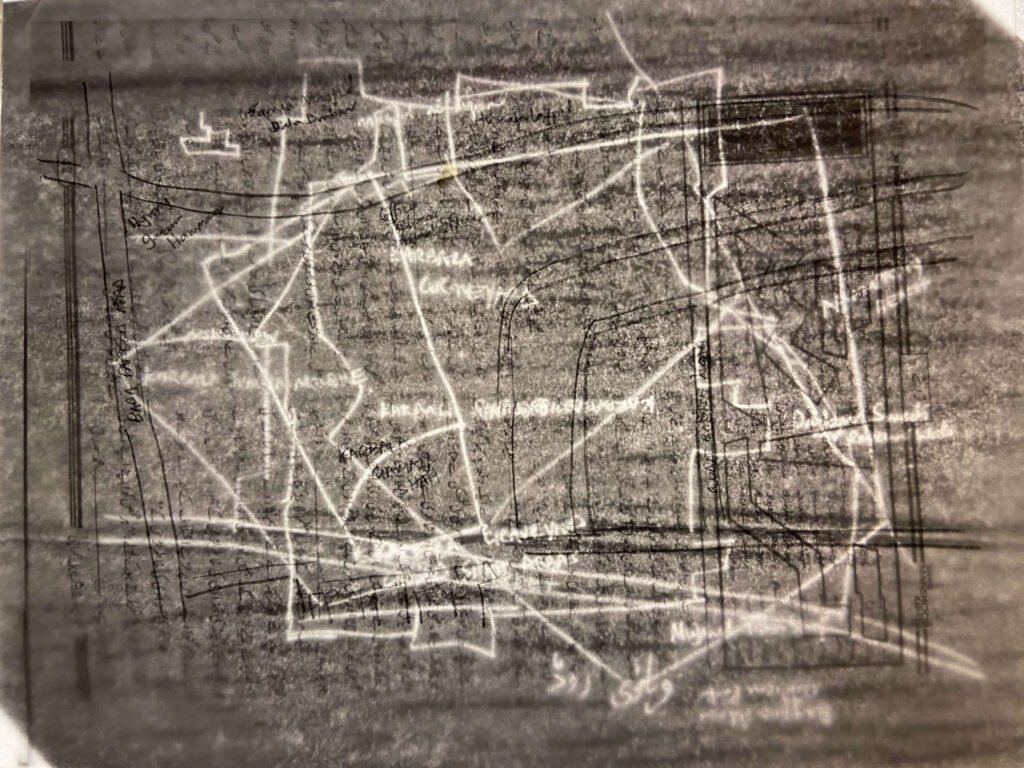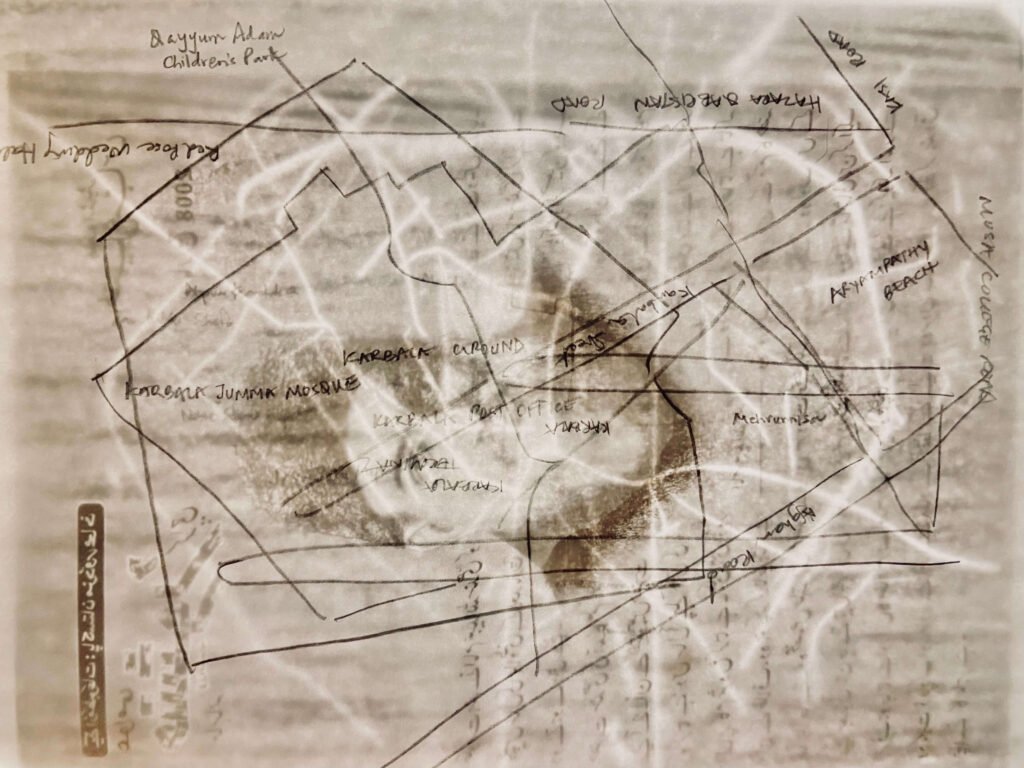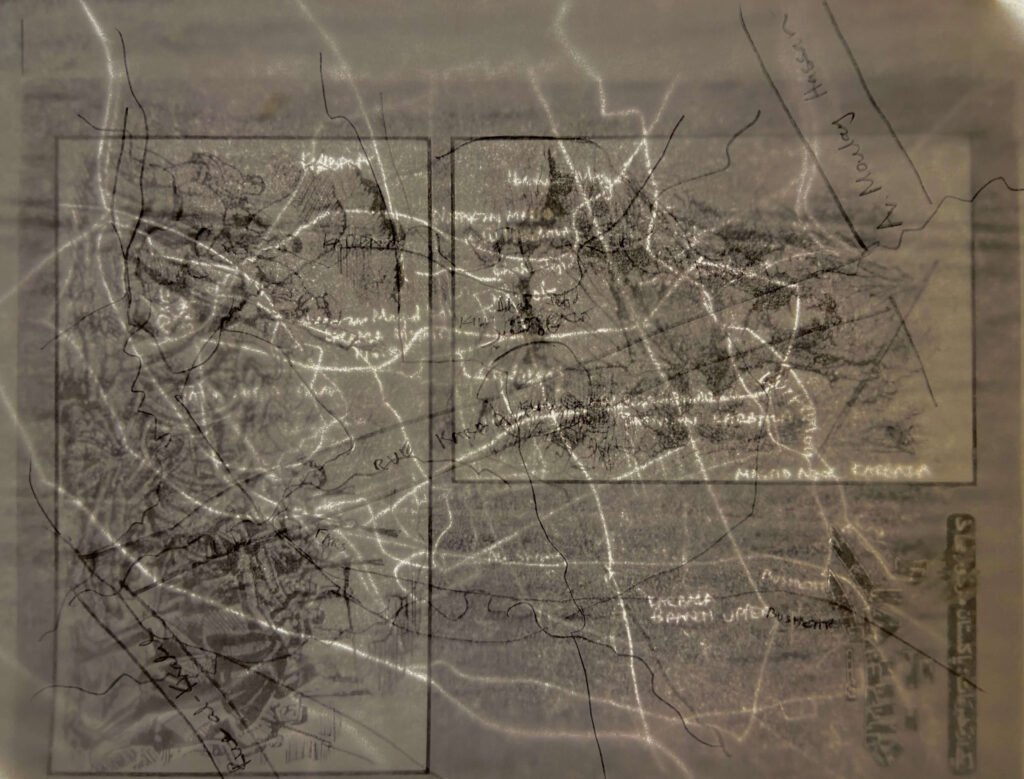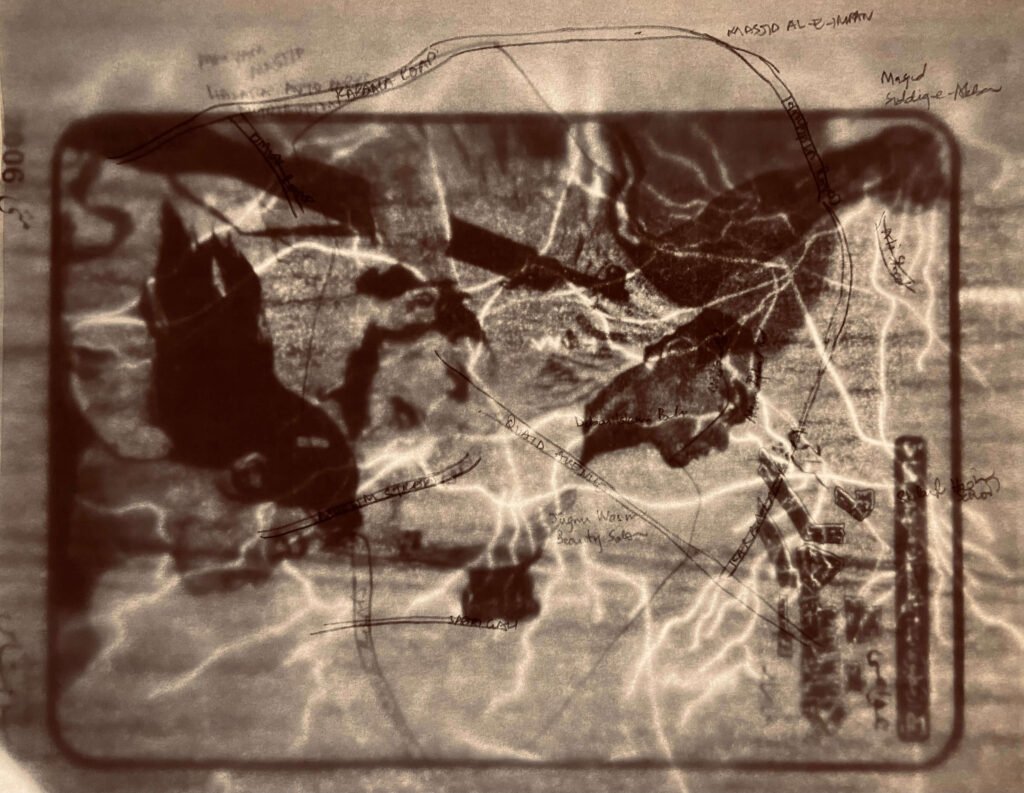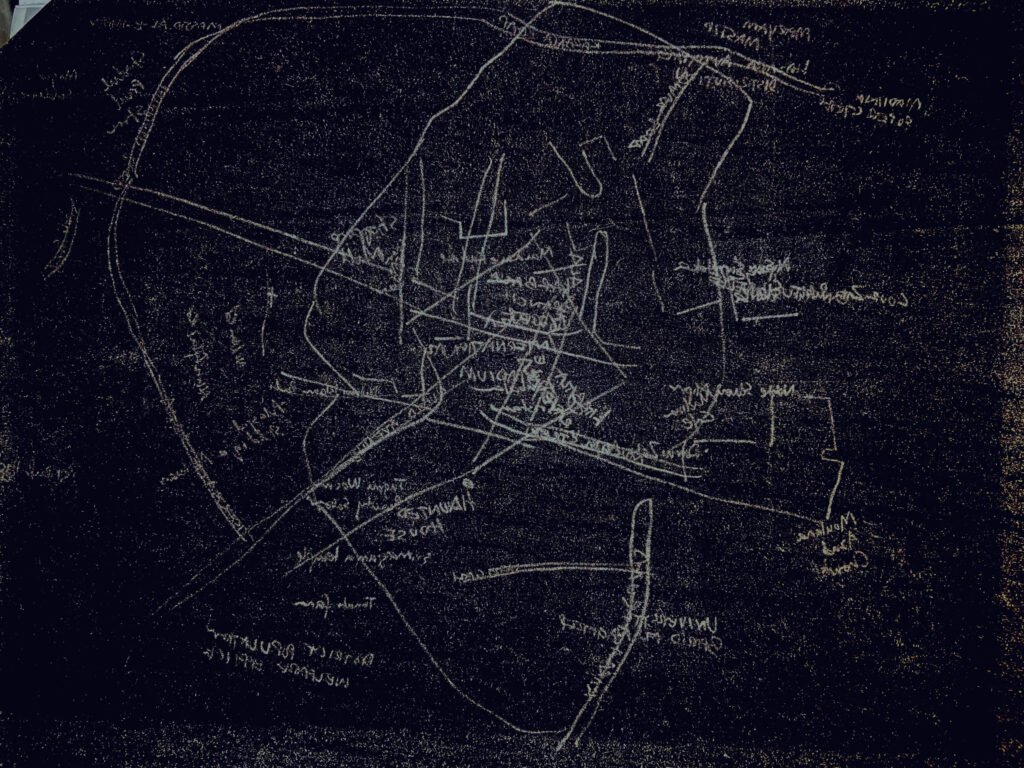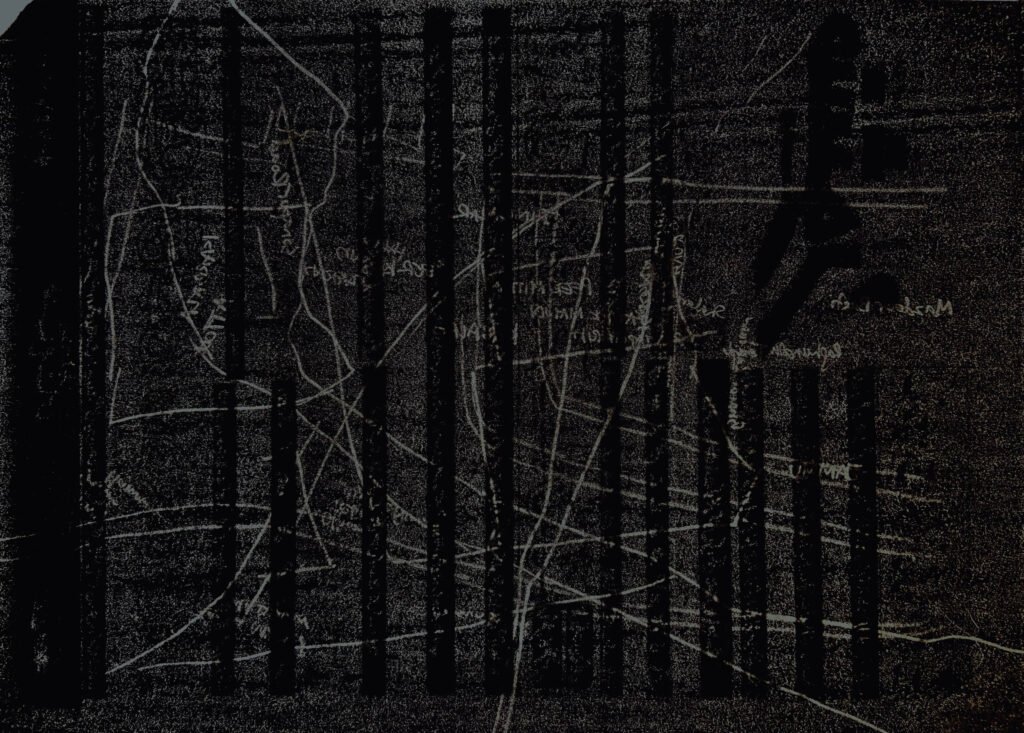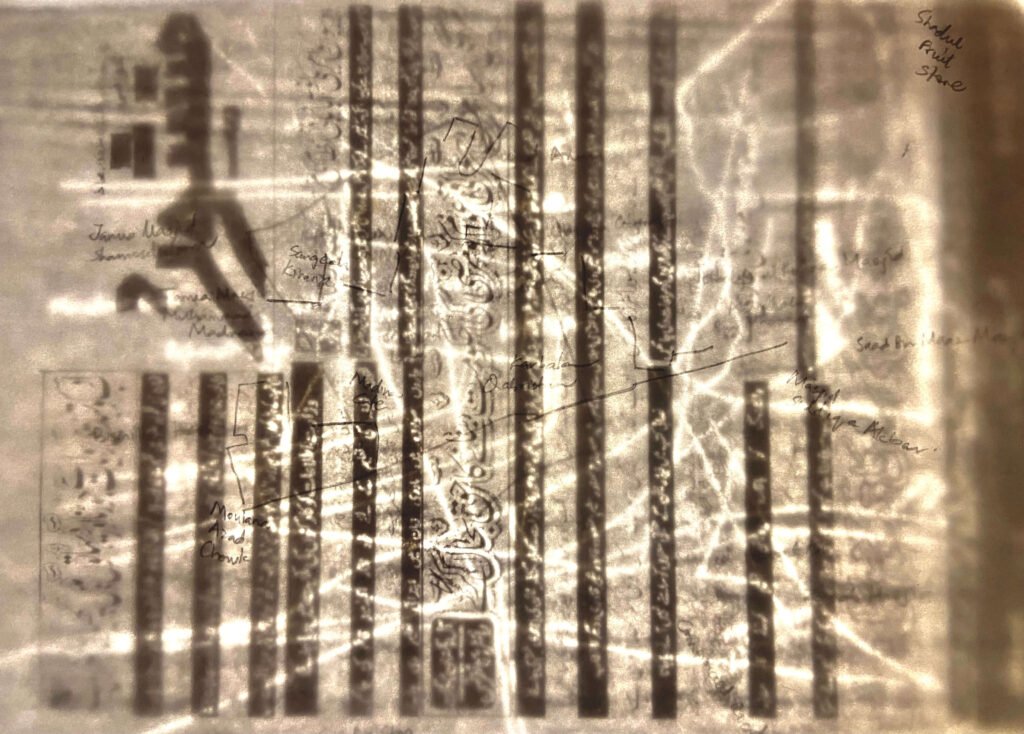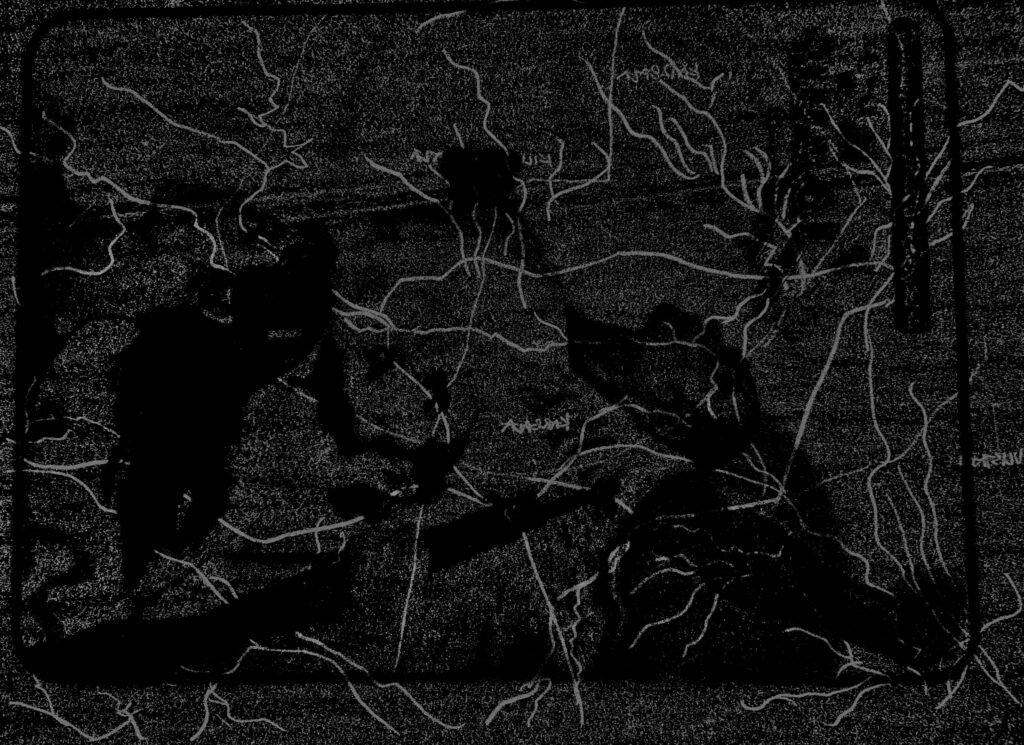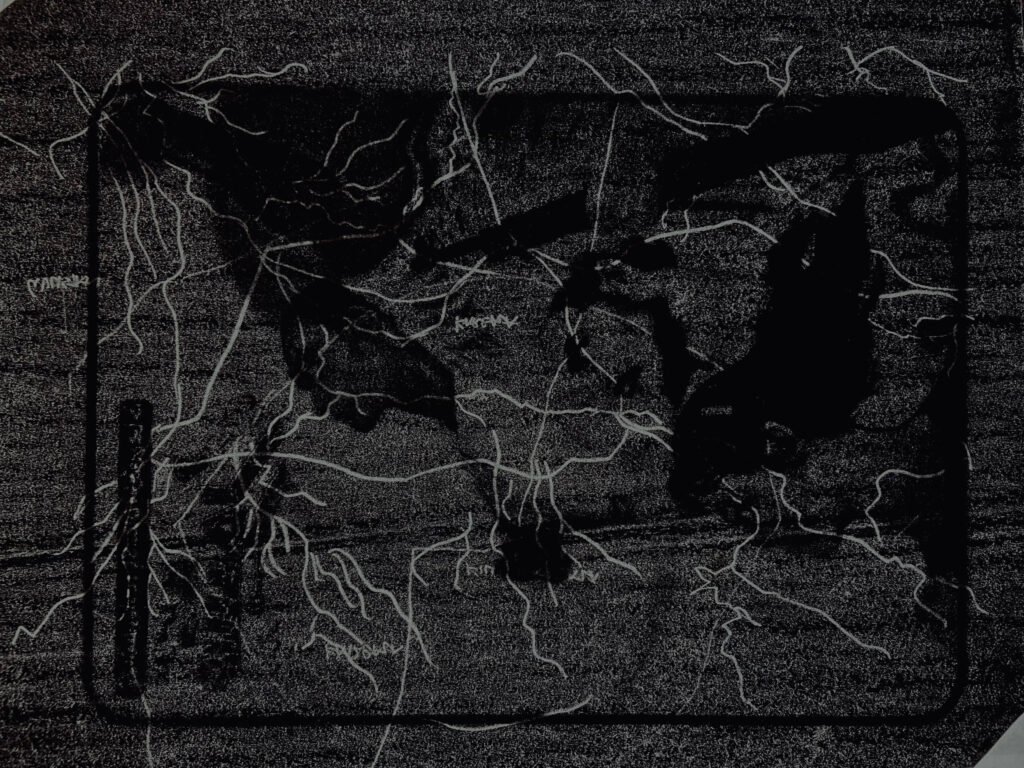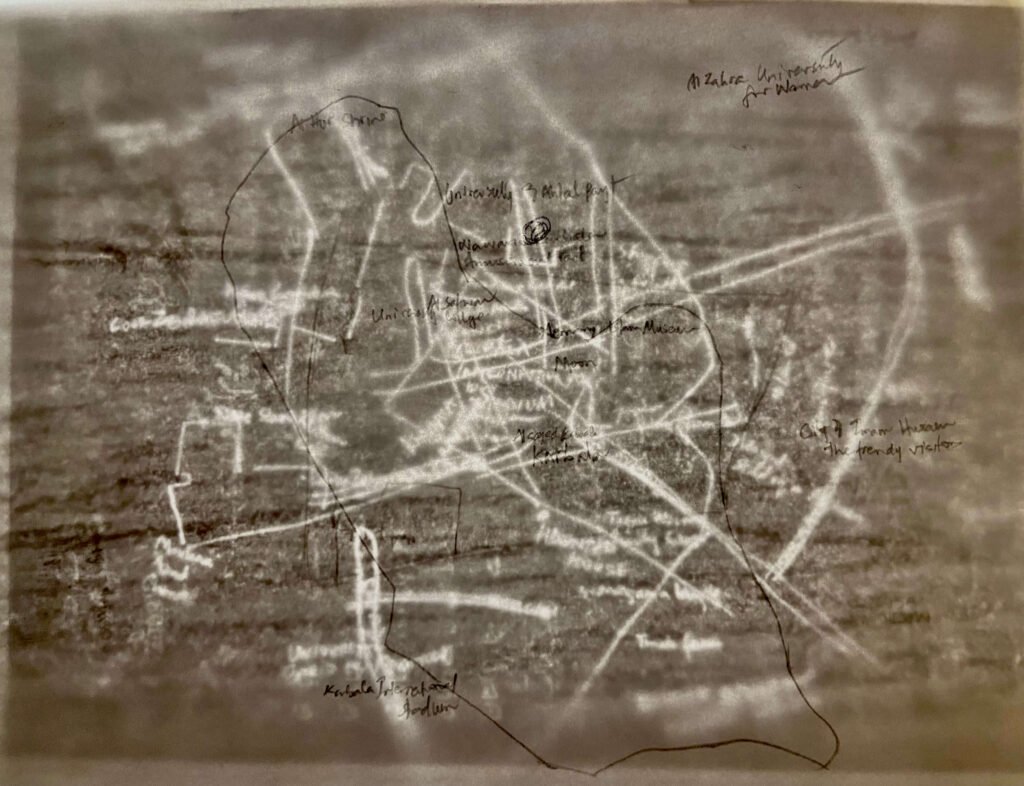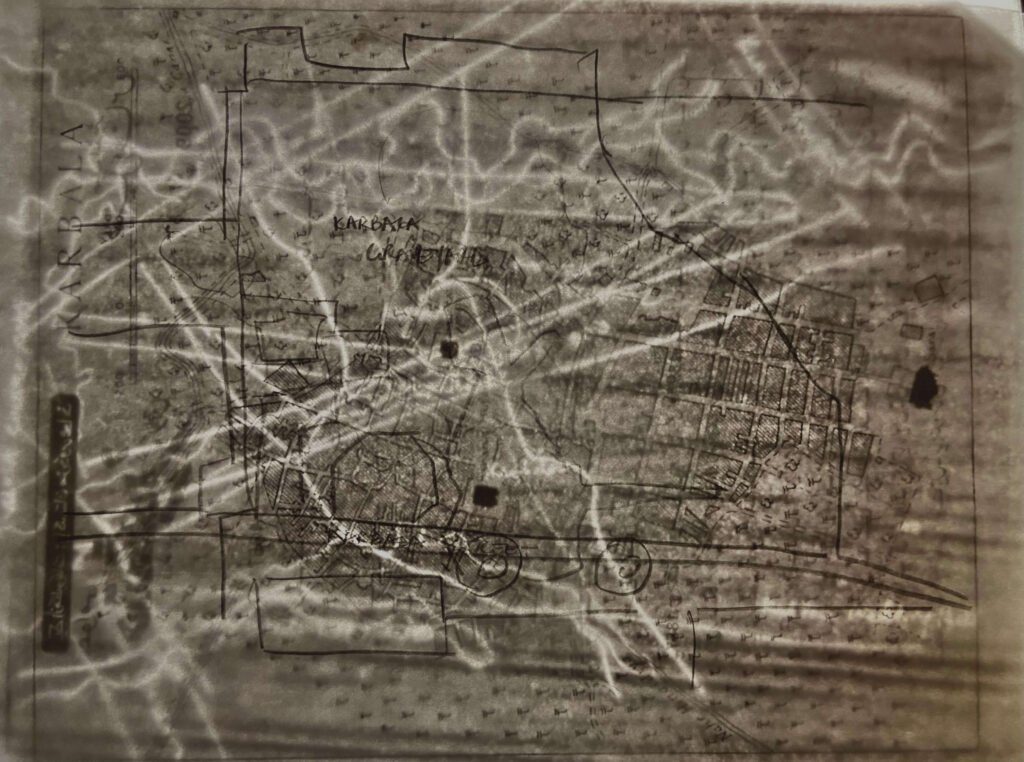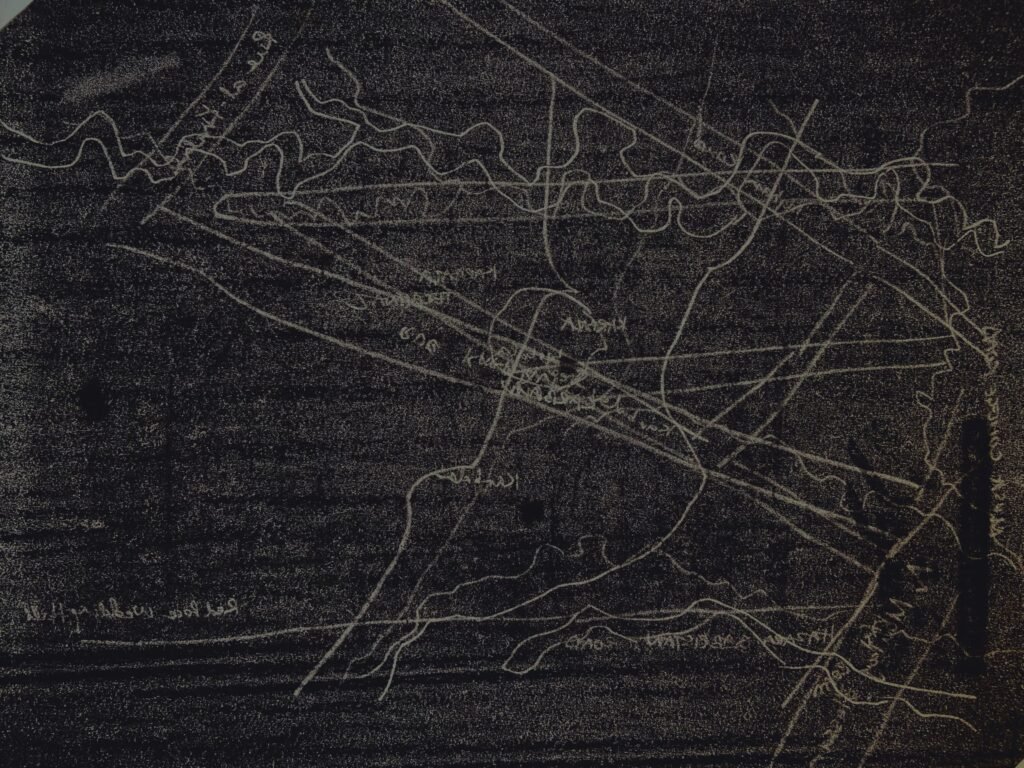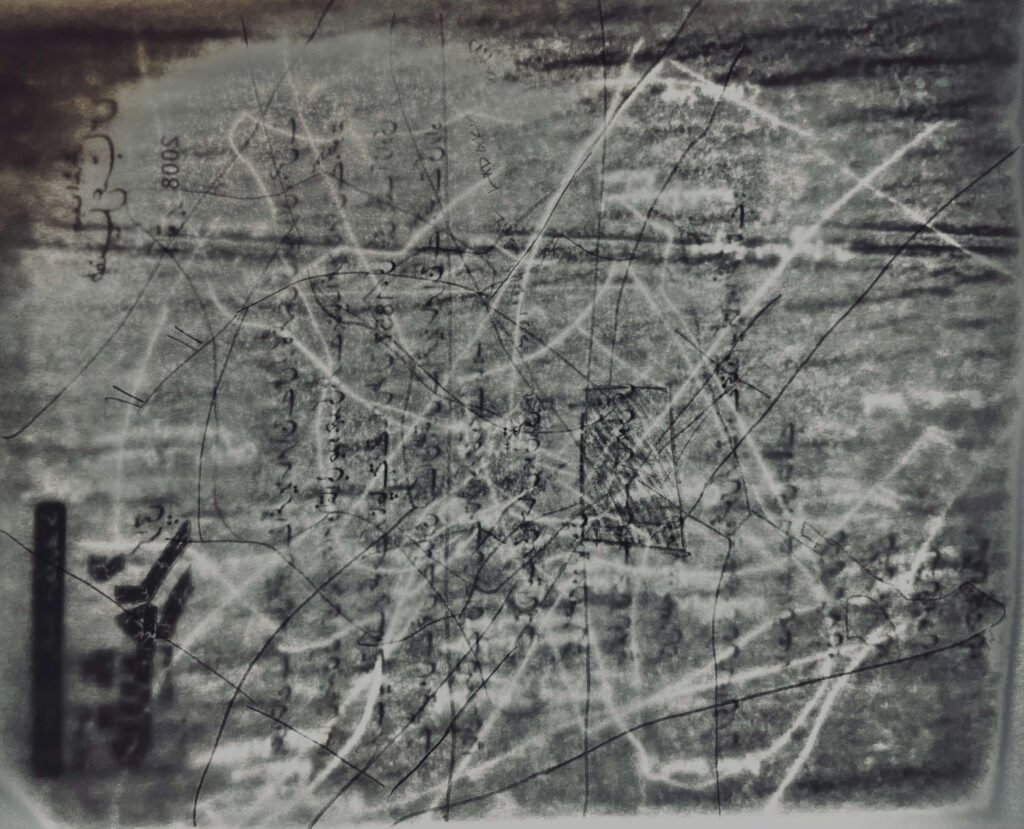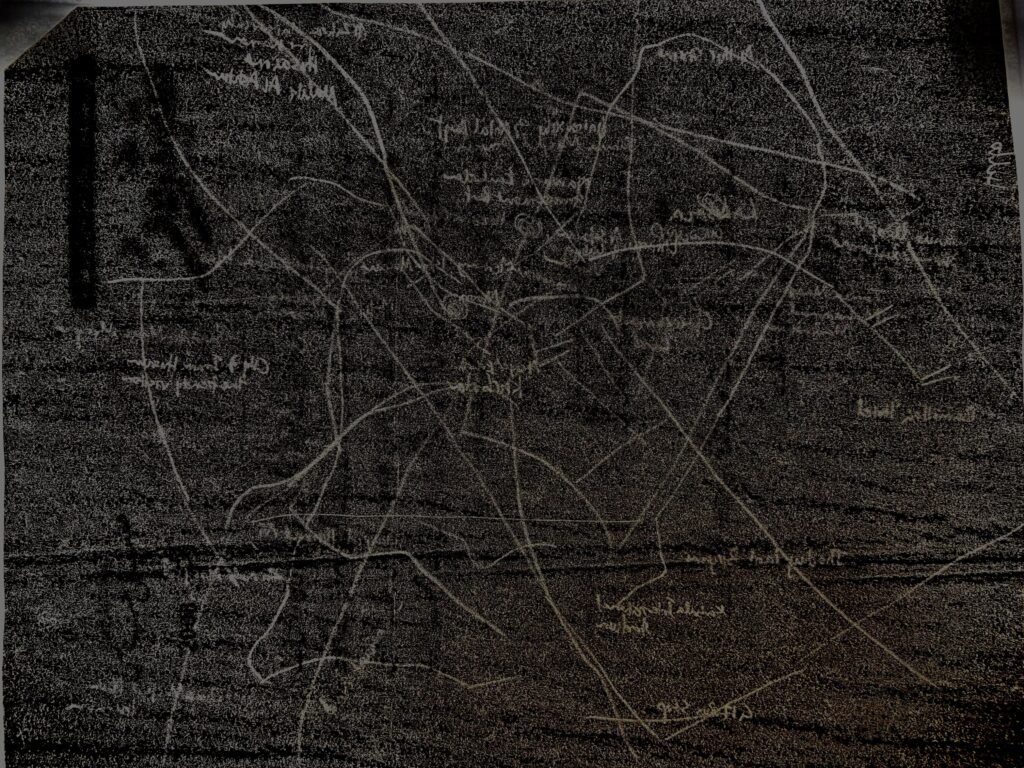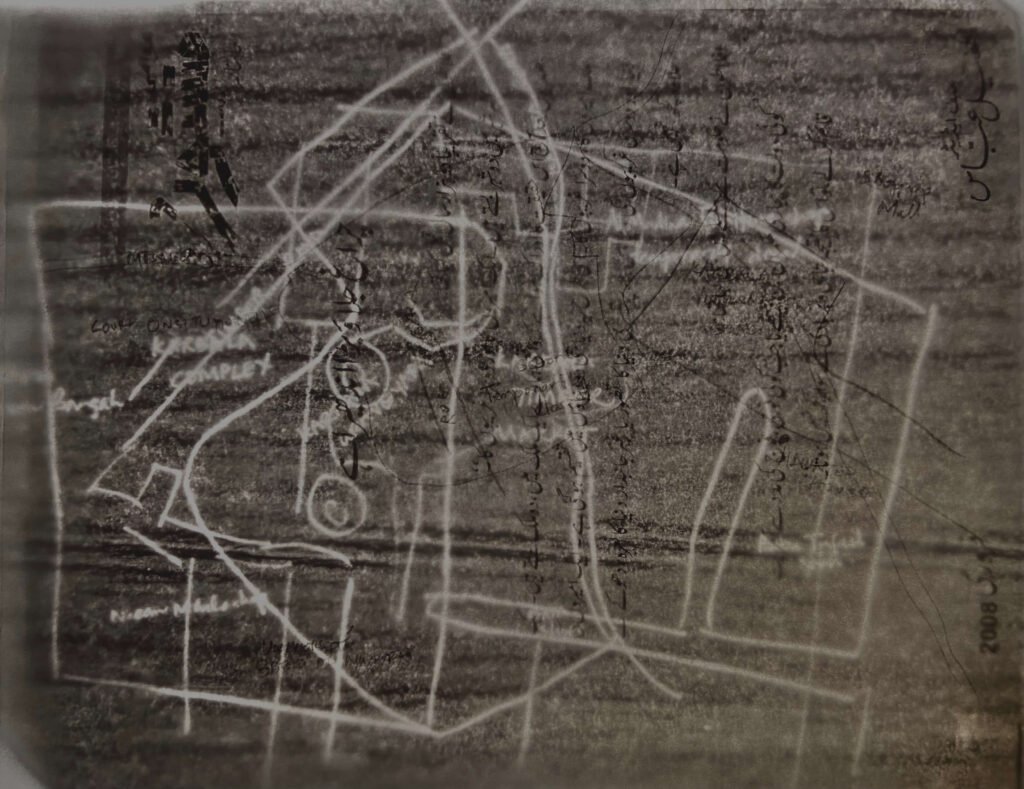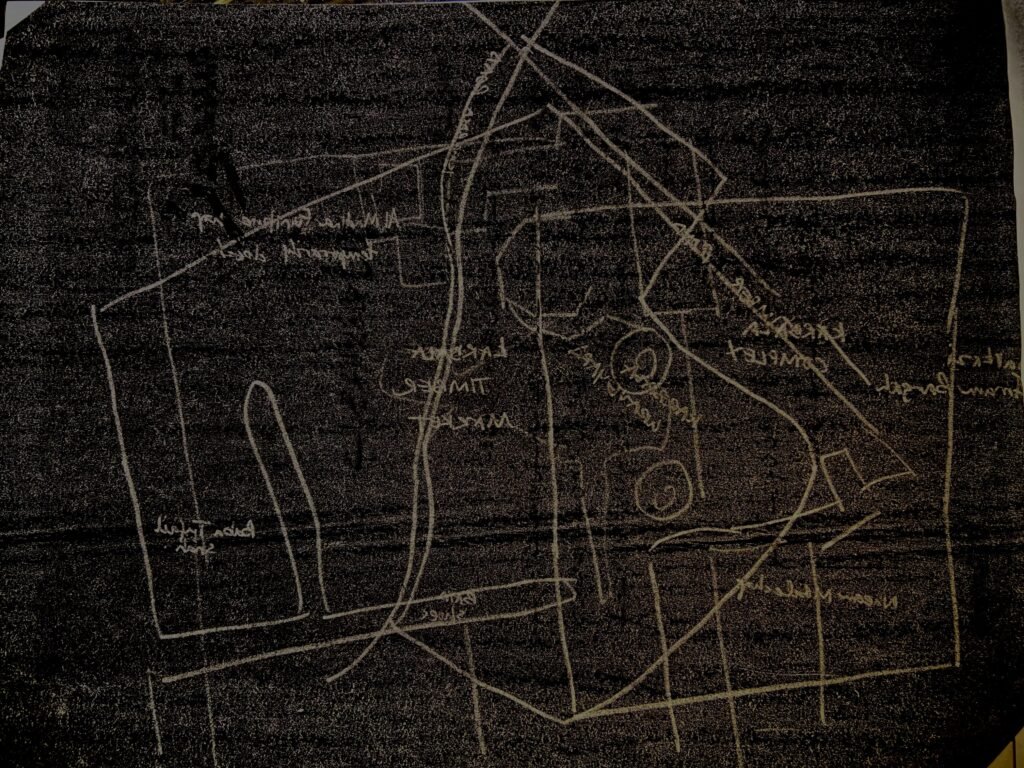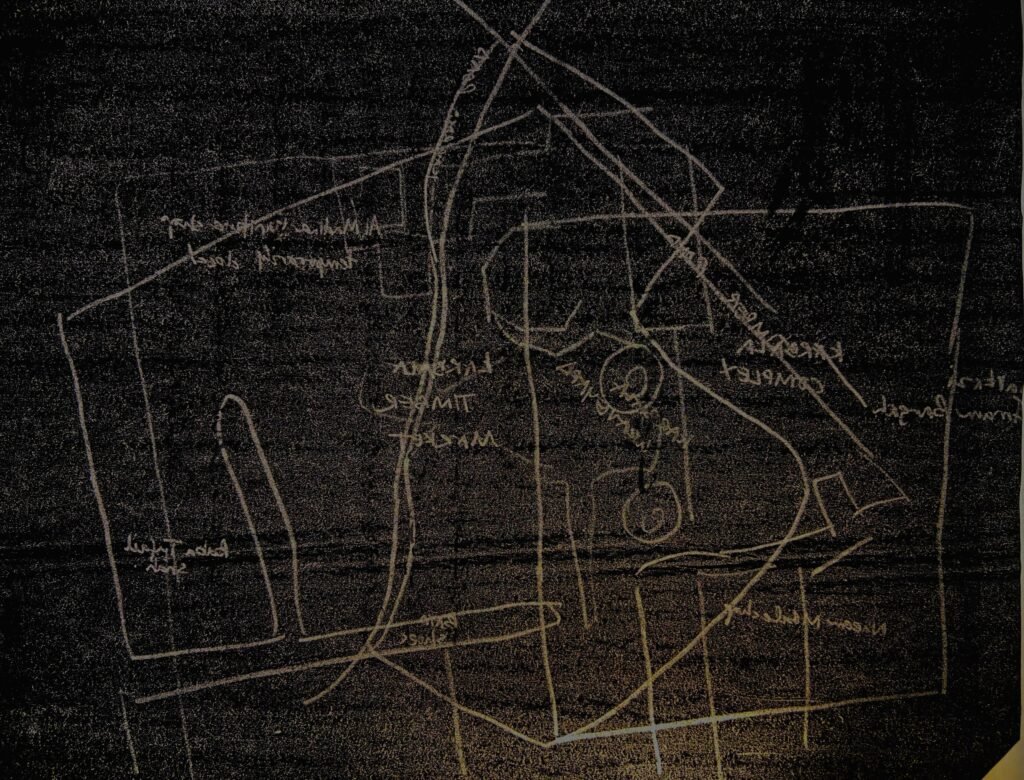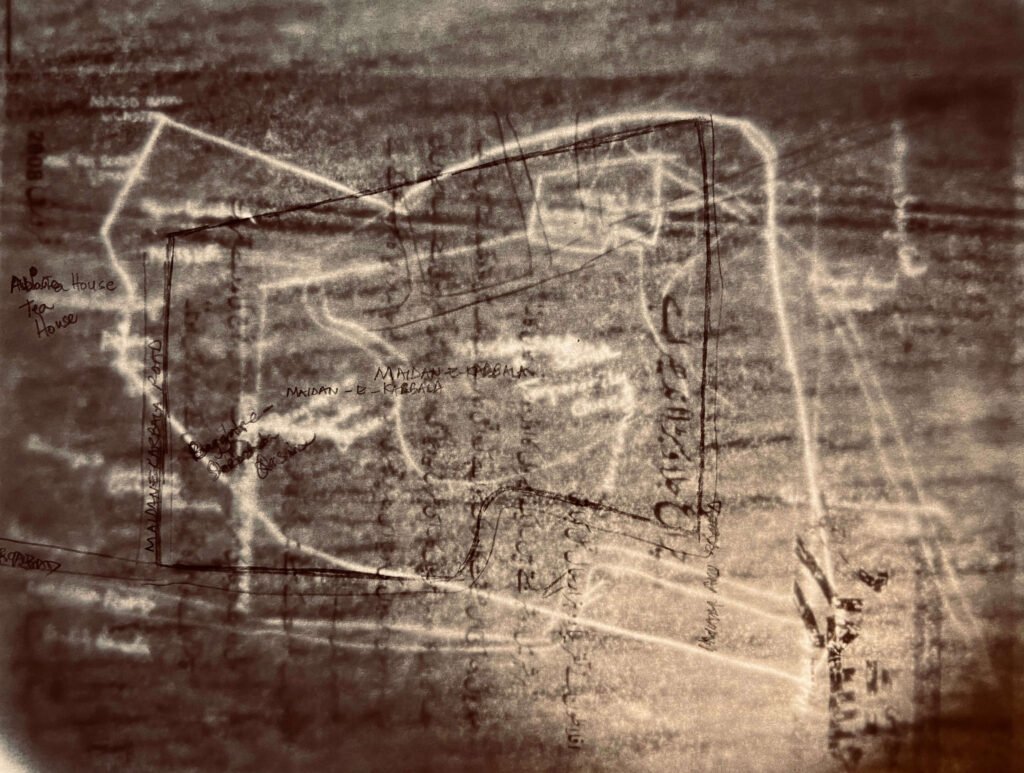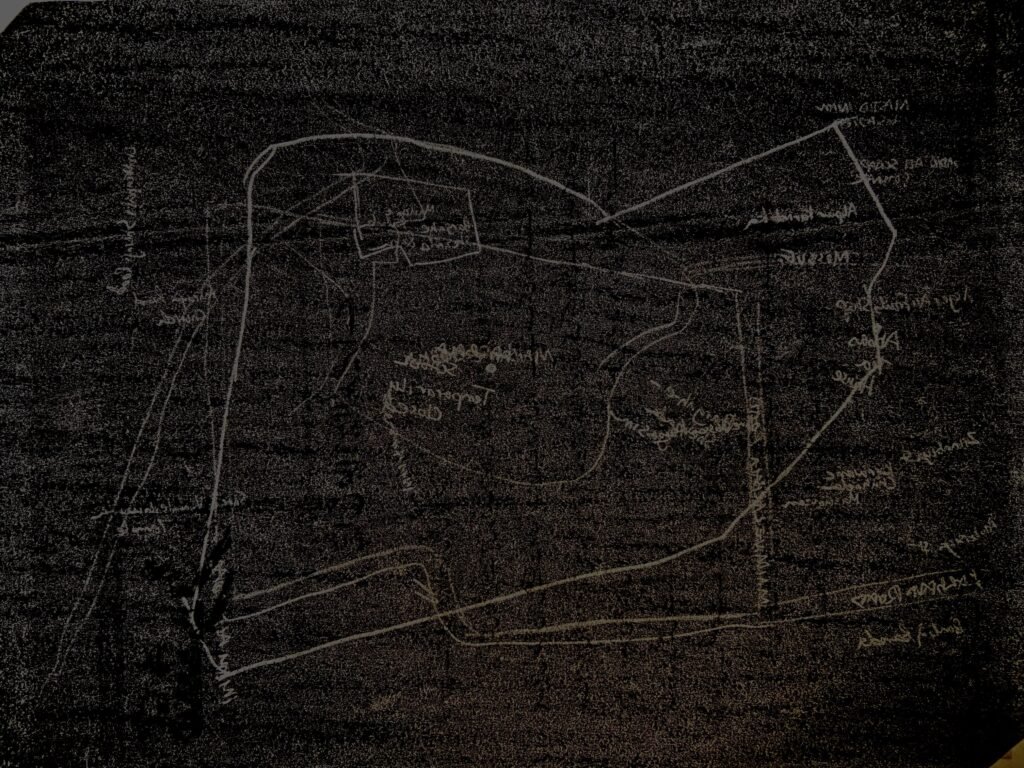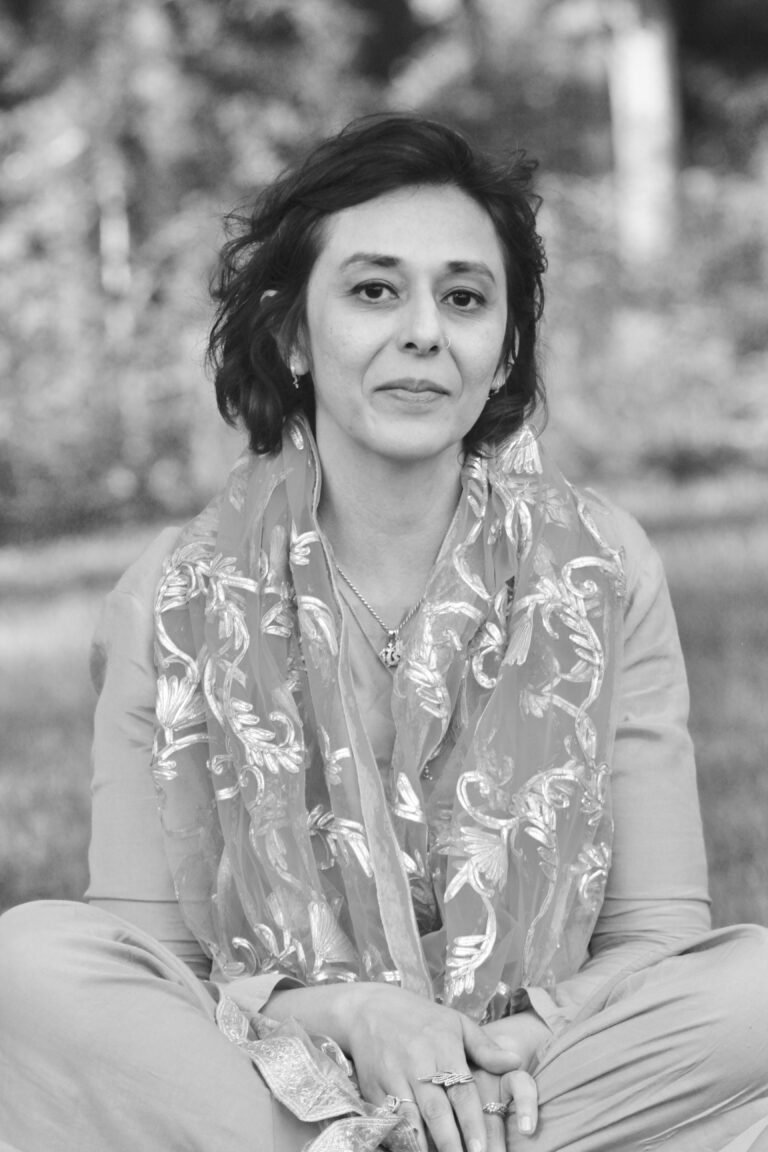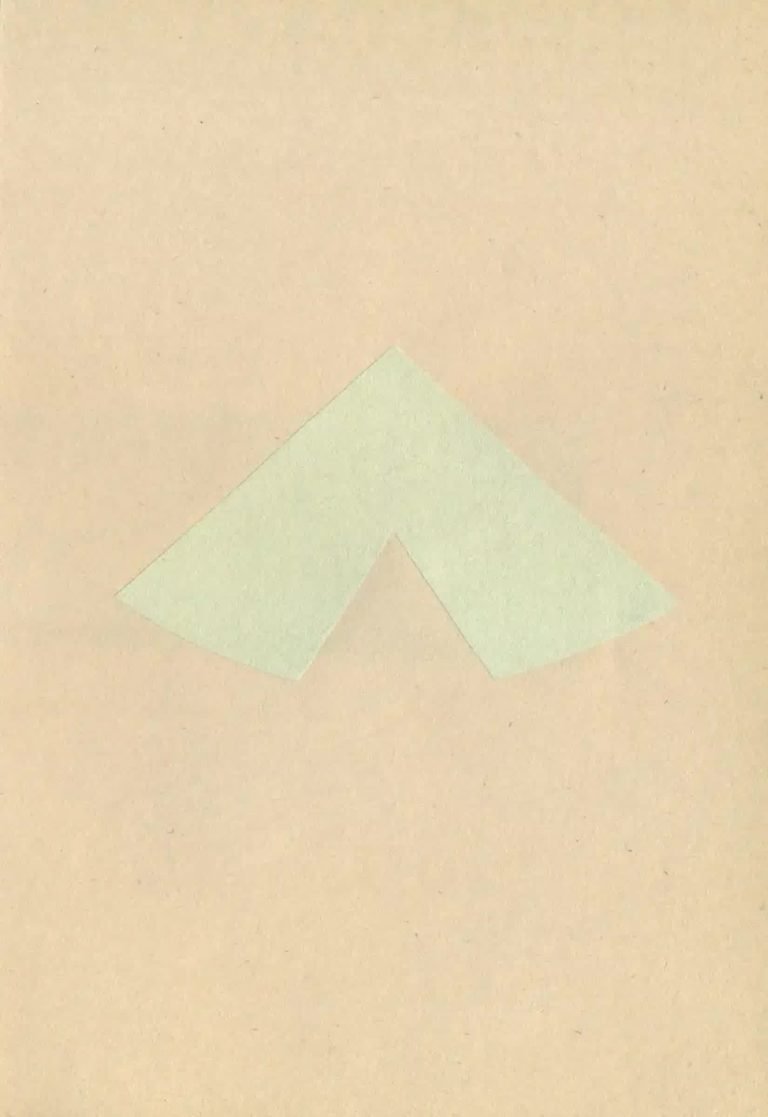I went looking for how I learnt how to read. The Society Imambara was the one place where, when I showed up after 19 years in 2018, I was compelled to say to that space, I am here, thanks for teaching me how to read, I think you would like what I did with what you taught me.
My father passed away during the following Muharram, only my second since since I left in 1999. I was there the day before he passed away, getting a thread from Hazrat Qasim's mehndi, saying I wanted it for my father who was sick in the hospital. The woman told me that I should make sure he is clean.
He died the next day. I couldn't see him because when it was my turn to go in, more people wanted to go in, so the guard kept all of us out. I wish they had let me go, just so I could see if in his last breaths, he still had the thread on him, who removed it, who threw it somewhere.
But, I know where all his Manshoor covers were, his lifelong practice of learning and teaching to read. Then came the plates 1-20 below.
Fugue 1 splices that history of learning to read with another history of learning to sing--and of a teacher who does so. Both ways of learning what voice actually is, something often forgotten in the contemporary moment of speech-acts alone that forget how to read, recite, or harmonise, with all parts of our body, that we know of.
